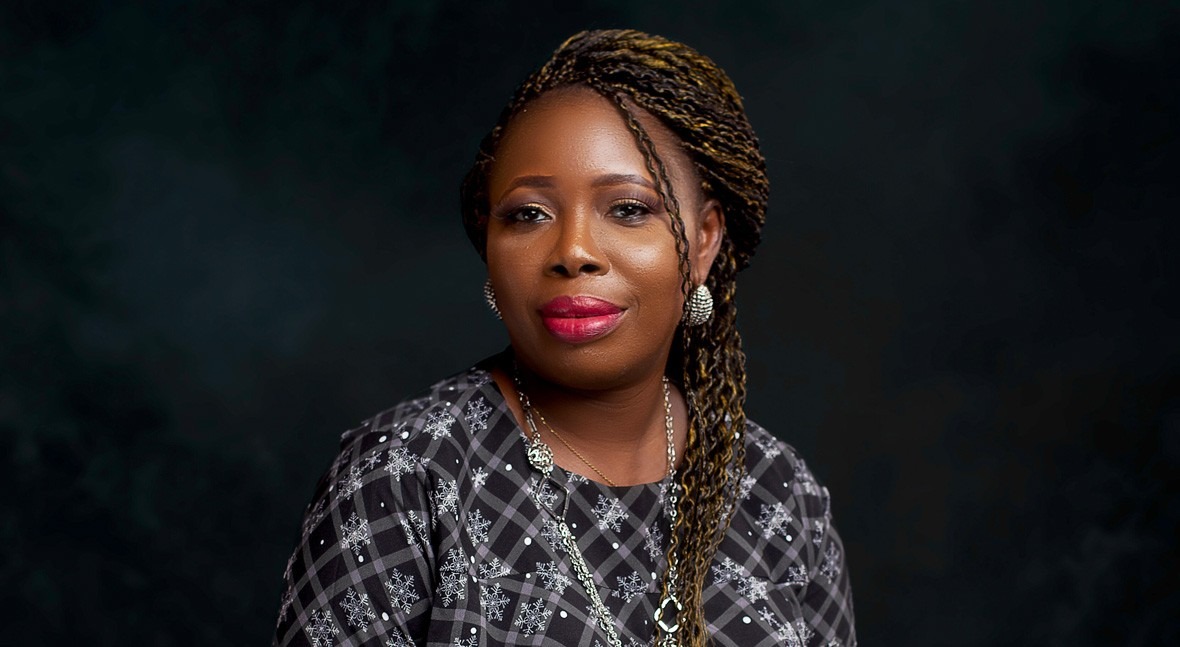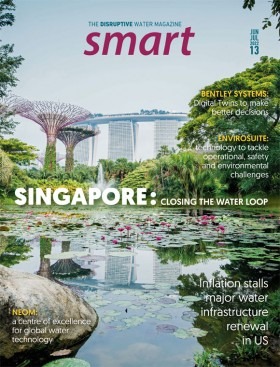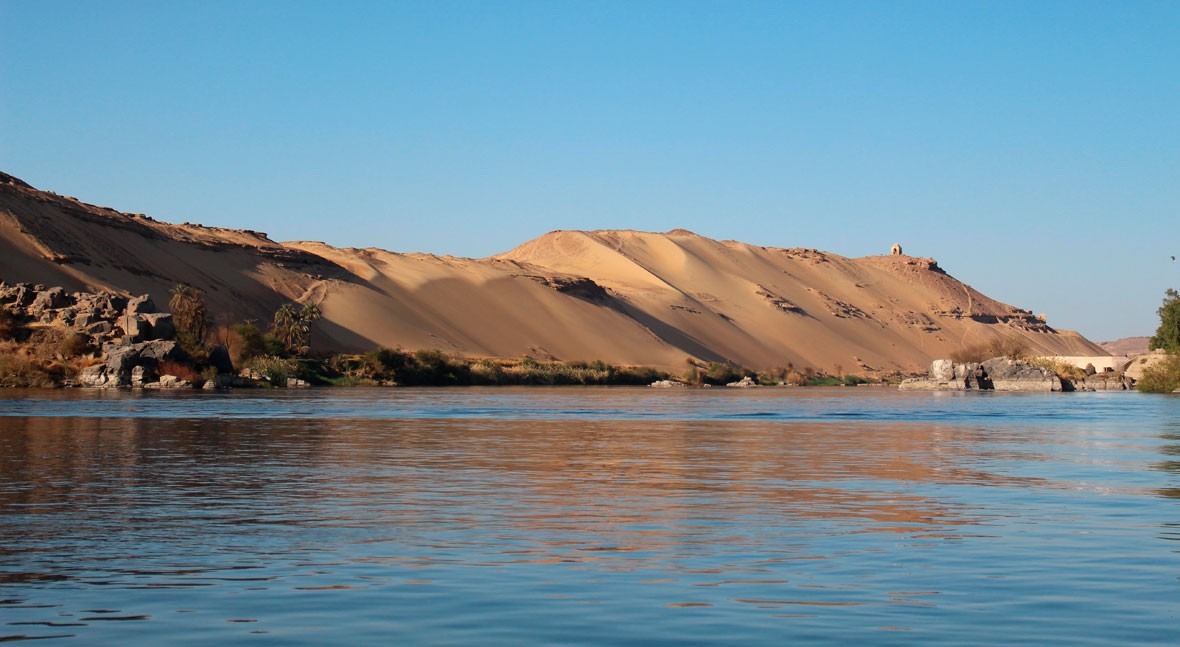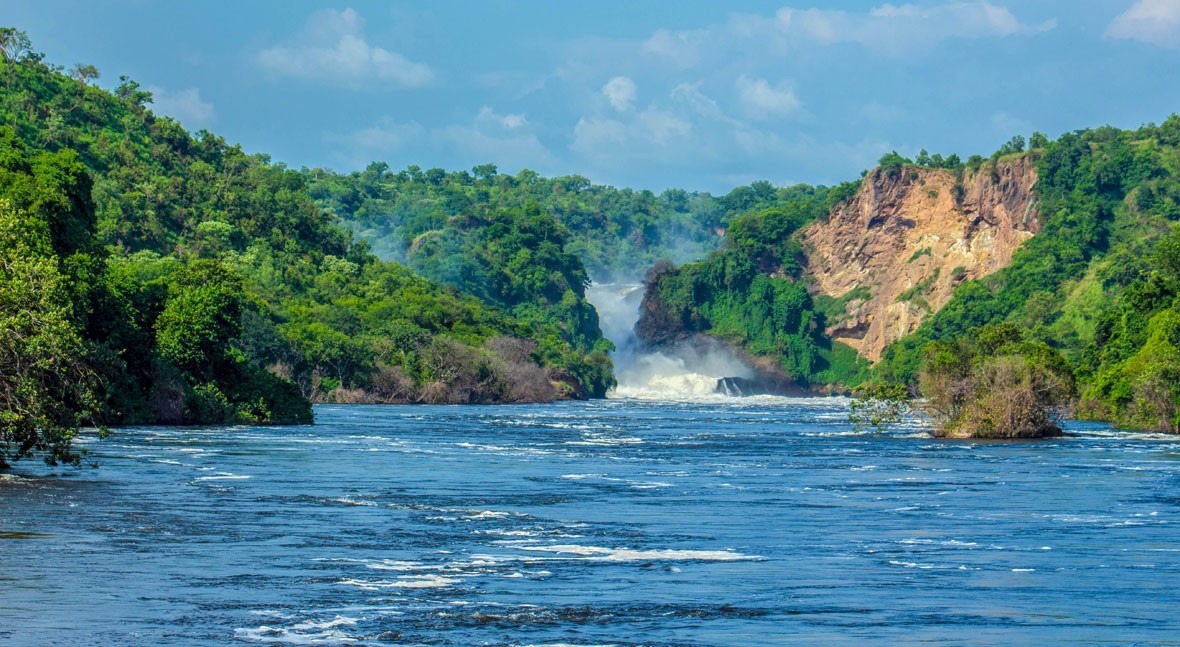"Both physical and economic water scarcity affect the African continent"

The United Nations University Institute for Water, Environment and Health (UNU-INWEH) recently released the UN’s first assessment of water security in Africa. While limited by poor data availability, the assessment found that levels of water security in Africa overall are low, with little progress over the past three to five years; only 29 African nations made some progress, while 25 made none. The assessment aims to be a starting point for discussions with national, regional and international agents, to help generate policy recommendations and inform decision-making and public-private investments. We talked with lead author Dr Grace Oluwasanya, Senior Researcher and Project Lead of Water, Climate and Gender at UNU-INWEH, to learn more about it.
A Professor of Water Resources Management (Water Safety and Health) with over 20 years in academia, research, and consultancy in Sub-Saharan Africa, the Netherlands, Spain, and the United Kingdom, Dr Oluwasanya’s knowledge of water resources spans a broad range of water issues at different scales. She has extensive research experience focusing on drinking-water safety, water systems risk analysis, water quality monitoring, sustainable nature-based solutions for water treatment, water security, solutions for data-scarce areas, and gender analysis in the water-climate interface. Presently she focuses on the quantification of water-gender interlinkages for greater inclusivity.
The preliminary assessment of water security in Africa found that data availability is very poor. What needs to be done to change this and what are your expectations for improvement in the near future?
The water data gap in Africa is, predominantly, due to a lack of investment in primary water data monitoring, infrastructure, and data-sharing at national levels. What needs to be done may include:
- Deliberate investment in primary data capturing on key water security indicators such as more gauging stations on rivers to capture water quality data, installation of ground meteorological stations, and more water infrastructure (wastewater treatment/water storage facilities).
- Utilization of remote sensing techniques (e.g., satellite imagery) to build secondary water databases.
- Strengthen institutional capacities in data monitoring, mining, evaluation, and reporting.
- Reinforcing implementation of data sharing policies.
What is expected is, on one hand, immediate action by national governments with support from international agencies to radically improve data collection efforts in Africa, and, on the other hand, the inclusion of ‘Water Data availability’ as an indicator for future water security assessments.
"The water data gap in Africa is due to a lack of investment in data monitoring, infrastructure, and data-sharing at national levels"
Since data collection efforts have to be enhanced, would this be an opportunity to ensure there is a disaggregation of data by gender?
A key challenge with aggregated data is that it masks important differences between the cisgender male and female population. Over the past two decades, there have been global calls to action for gender-inclusive data collection. So, this is an opportunity to deliberately target the collection of sex-disaggregated data for a water security assessment, and to achieve the global call.
The results of the assessment are appalling: water security in Africa overall is unacceptably low, plus there has been little progress in water security in most African states over the past three to five years. Has the pandemic and subsequent economic crisis dampened progress, or is this part of a long-standing trend of little progress that is difficult to change?
The poor state of water security in Africa is, generally, due to a long-standing trend of poverty and economic fragility, political instability, and poor governance. However, the status and meagre progress is exacerbated even more with global changes like the ongoing pandemic, subsequent economic crisis, and climate change.
Africa’s urban areas are quickly growing. Do you expect this rapid urbanization to impact water security?
The core aspect of rapid urbanization is the fast-growing population amidst poor urban planning, pollution, poverty, and competing demands for resources, all contributing to water stress; urban water consumption is expected to double by 2025. Our study shows that while progress in sanitation coverage (an important water security indicator) increased by 3.3% between 2015 and 2020, the population in Africa grew by almost 11% over the same period. With such slow progress and increasing population, Africa will only reach about 67% coverage in sanitation by 2030. Another concern to water security is those sprawling cities located in coastal areas, which are becoming more vulnerable to water-climate disasters such as storms, cyclones, and floods.
Based on your research experience, what could be the role of decentralized water systems to expand access to water and sanitation, and ensuring resilience?

Primarily, decentralized water systems are an effective service delivery expected to provide better access and bring water and sanitation services closer to the users (households). It allows for a more diverse water collection, and decoupling of systems that make water treatment and delivery more resilient in the face of disasters, shocks, and uncertainties often associated with climate change. Also, it enhances accountability and better water governance as in the case of Kenya’s water sector.
Water is unevenly distributed across the African continent. Do physical water scarcity and economic water scarcity (despite high water availability, finance and governance issues limit water access) call for different approaches?
Indeed, both physical and economic water scarcity affect the African continent. These scarcities call for different approaches ranging from advanced technology related to water conservation, improved practices relating to farming (e.g., hydroponics), less use of chemicals in agriculture (impacting scarcity due to better ambient water quality), improved sewage systems, and improved investment in water distribution infrastructure to support clean water initiatives.
"A concern to water security is sprawling cities located in coastal areas, which are becoming more vulnerable to water-climate disasters"
Water security is key for food security and economic development. What are your expectations in terms of the water security assessment tool contributing to prioritizing water on the agenda of national governments?
The UNU-INWEH Water Security Assessment for Africa is an indicator-based tool aimed to create a quantitative starting point and a platform for discussions with national and regional agents to help prioritize actions, public-private investments, and support decision-making relating to water at the national government level.
"Decentralized water systems are an effective service delivery expected to provide better access and bring services closer to the users"
Also, we anticipate further engagement with regional and national actors to develop the overall approach and refine the assessment results by continuously testing the methodology in selected countries - to have an improved, influential, and nationally owned water security assessment tool by 2025 (five years before completing the UN’s Agenda 2030) and improve how Africa will be ranked on a global scale, given the call for global standards in water security assessment.





